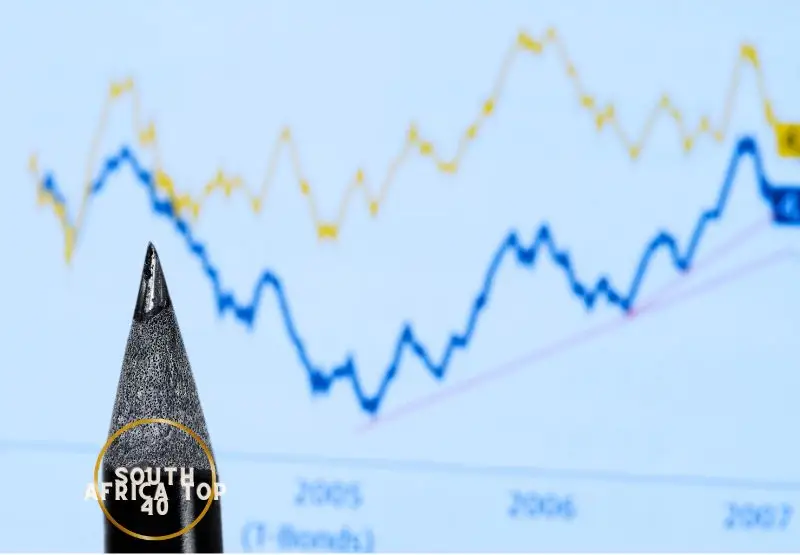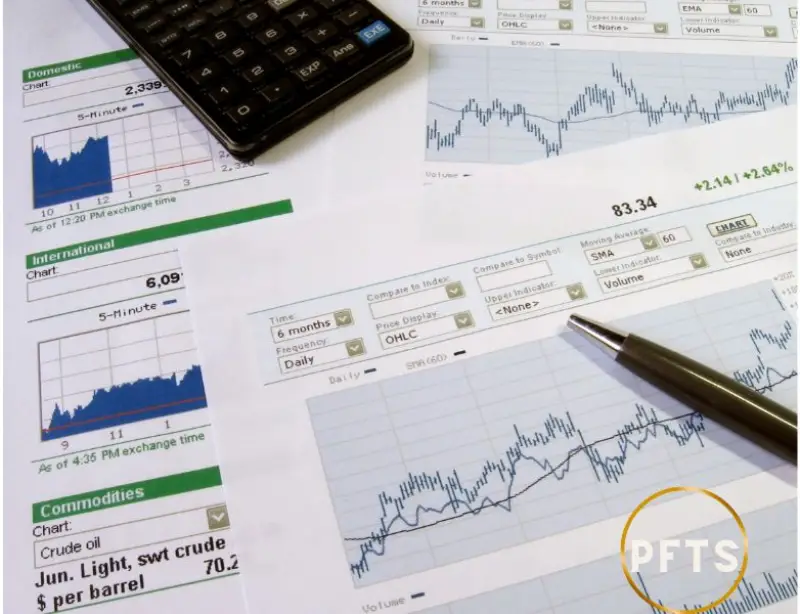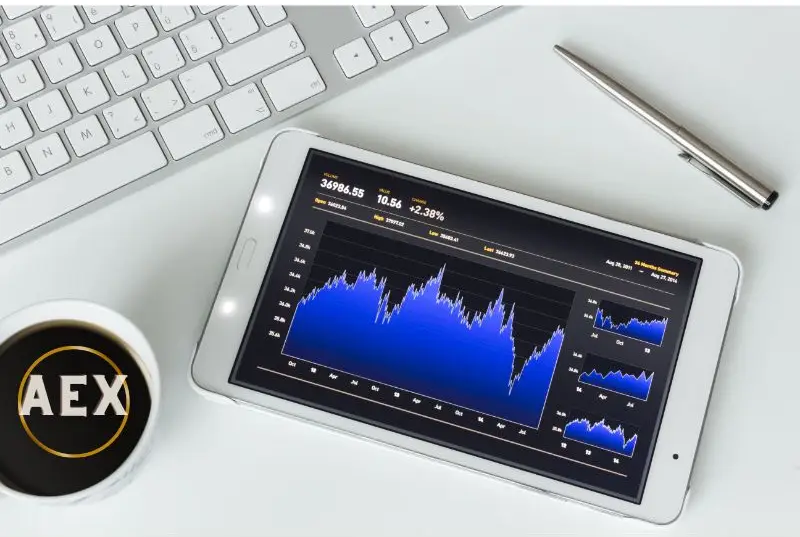Discover the dynamic world of the Malaysian stock market, a key player in Southeast Asia’s financial landscape. With its strategic location and robust economy, Malaysia offers ample opportunities for investors looking to diversify their portfolios and capitalize on emerging markets.
The main stock indices in Malaysia include the FTSE Bursa Malaysia KLCI (FBMKLCI), which tracks the performance of the top 30 companies listed on the Bursa Malaysia. This index serves as a barometer for the overall market sentiment and economic health of the country.
Investors can also keep an eye on other indices such as the FTSE Bursa Malaysia EMAS Index, FTSE Bursa Malaysia Small Cap Index, and FTSE Bursa Malaysia Hijrah Shariah Index to gain insights into different sectors and market segments within Malaysia’s diverse economy.
Stay tuned to learn more about the latest developments, trends, and opportunities in the Malaysian stock market – where potential awaits for savvy investors ready to seize it.
How Does the Stock Market Work in Malaysia
The stock market in Malaysia operates through the Bursa Malaysia, which is the main stock exchange in the country. It provides a platform for companies to raise capital by selling shares to investors. Investors can buy and sell these shares through brokerage firms.
To invest in the stock market in Malaysia, individuals need to open a trading account with a stockbroker. They can then start buying and selling shares of publicly listed companies on the Bursa Malaysia. Investors can choose to trade on their own or seek advice from financial advisors.
Some of the major stocks that generate profit in the Malaysian stock market include:
- Malayan Banking Berhad (Maybank)
- Petronas Chemicals Group Berhad
- CIMB Group Holdings Berhad
- Tenaga Nasional Berhad
- Genting Berhad
Investors can make profits by buying stocks at a lower price and selling them at a higher price, or by earning dividends from their investments. It is important for investors to conduct thorough research and analysis before investing in any stock to minimize risks and maximize returns.
What is the benefits of buying stocks in Malaysia
There are several benefits of buying stocks in the Malaysia stock market. Some of the key advantages include:
Diversification: Investing in Malaysian stocks allows you to diversify your investment portfolio and reduce risk by spreading your investments across different sectors and industries.
Potential for growth: Malaysia is a fast-growing economy with numerous companies showing strong potential for growth. By investing in Malaysian stocks, you have the opportunity to benefit from this growth.
Dividend income: Many Malaysian companies pay dividends to their shareholders, providing a source of passive income for investors.
Liquidity: The Malaysia stock market is relatively liquid, meaning it is easy to buy and sell stocks quickly without impacting the market price significantly.
When investing in the Malaysia stock market, here are some tips and takeaways to keep in mind:
Do your research: Before investing in any stock, make sure to thoroughly research the company, its financials, management team, industry trends, and future prospects.
Stay informed: Keep yourself updated on the latest news and developments in the Malaysian economy and stock market. This will help you make more informed investment decisions.
Diversify your portfolio: It is important to diversify your investments across different sectors and industries to reduce risk. Avoid putting all your eggs in one basket.
Long-term perspective: Investing in stocks should be viewed as a long-term commitment. Avoid making impulsive decisions based on short-term market fluctuations.
In conclusion, buying stocks in the Malaysia stock market can be a rewarding investment opportunity with potential for growth and dividend income. By following these tips and staying informed about the market, you can make well-informed investment decisions that align with your financial goals.
The main stock indices in Malaysia
Stock market indices are important indicators that track the performance of a specific group of stocks in the stock market. In Malaysia, some of the most important stock market indices include the FTSE Bursa Malaysia KLCI (FBM KLCI), which is composed of the top 30 companies listed on Bursa Malaysia, and the FTSE Bursa Malaysia EMAS Index, which consists of all eligible companies listed on Bursa Malaysia.
These indices provide investors with a snapshot of how the overall stock market is performing and can help them make informed decisions about their investment strategies. They also serve as benchmarks for measuring the performance of individual stocks or portfolios against the broader market.
In Malaysia, stock market indices are regulated by the Securities Commission Malaysia (SC) and Bursa Malaysia. The SC is responsible for overseeing the overall regulation and supervision of the securities industry in Malaysia, including monitoring stock market indices to ensure transparency and fairness.
Bursa Malaysia, on the other hand, is responsible for operating and maintaining the stock exchange in Malaysia. It sets rules and regulations related to trading activities, listing requirements, and disclosure standards for companies listed on its exchange. Bursa Malaysia also plays a key role in calculating and disseminating information about stock market indices to investors.
Overall, stock market indices play a crucial role in providing valuable insights into the performance of the stock market in Malaysia. By understanding how these indices are regulated and maintained by relevant authorities, investors can have confidence in using them as tools to make informed investment decisions.
Recap: The stock market in Malaysia
The stock market in Malaysia has been experiencing steady growth over the past few years. With a well-regulated market and strong economic fundamentals, investors have shown increasing confidence in the Malaysian stock exchange.
One of the key factors driving the growth of the stock market in Malaysia is the government’s commitment to promoting economic development through various initiatives. This has created a conducive environment for businesses to thrive and for investors to capitalize on opportunities in the market.
Furthermore, Malaysia’s strategic location in Southeast Asia makes it an attractive destination for foreign investors looking to gain exposure to emerging markets. This has contributed to the influx of foreign capital into the Malaysian stock market, further boosting its performance.
Overall, the outlook for the stock market in Malaysia remains positive, with potential for continued growth and investment opportunities. As long as economic conditions remain stable and government policies continue to support business development, we can expect to see sustained interest from both local and international investors in the Malaysian stock market.




























































